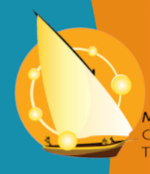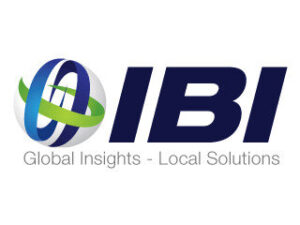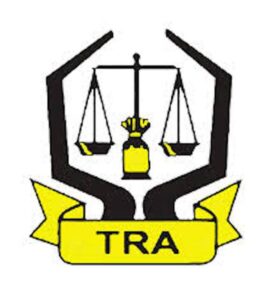1. Background to Mwambao
Mwambao Coastal Community Network was established in 2010 to help communities in Tanzania’s coastal areas develop strong and effective local resource management systems that support livelihoods and sustain marine ecosystems. Mwambao works to empower local communities and enable them to learn from each other through a community-based network spanning different coastal areas and communities. This network structure fosters learning as well as collective action on shared interests such as influencing policy. Mwambao aims to achieve the programmatic goals of gender equality and the empowerment of women through the advancement of well-being of women and men in all regions of our work through inclusive and sustainable livelihoods and marine conservation. Mwambao is committed to integrating gender perspective into all its policies, programmes, and approaches to supporting coastal communities.
2. Context:
As Mwambao and our partners are moving more towards gender focused work, there are a few different pieces of gender focused work which are needing to be consolidated and aligned. Mwambao have recently conducted our own rapid gender assessment which covered a representative sample of all of our sites that we are currently supporting. The rapid gender assessment conducted by Mwambao included questions on roles and responsibilities, access and control over resources, decision-making power, and social and cultural patterns. These preliminary findings were presented back to the women in a women’s network meeting as a validation workshop.
There is also a gender assessment being led by The Nature Conservancy (TNC) with input from Mwambao which will cover similar themes to our rapid gender assessment however with a target population of seaweed farmers. TNC will aim to develop a gender action plan using their findings from the gender assessment to be conducted in Tanzania and Kenya. This consultancy will aim to assess Mwambao programmes for the opportunities to address gaps of gender mainstreaming, review the secondary data including the different gender assessments conducted, conduct a gender assessment under the Blue Action (BAF) project, and develop a gender action plan for Mwambao while also running training for the team on technical aspects of our gender work and support the development of the theory of change for women in small-scale fisheries.
3. Scope of work
i. Internal assessment (3 days)
Conduct an in-depth gender analysis of Mwambao ‘s programmes to identify areas of improvement where the programmes could support higher inclusion and empowerment of women in small scale fisheries.
– Review relevant documents online on the suggested guidelines for gender mainstreaming in Mwambao’s programmes.
– Assess and identify potential gender-differentiated impacts of the programmes
– Identify gaps to improve gender mainstreaming. – Advise on possible areas for Mwambao support and adjustment of on-going programmes to ensure Mwambao programmes are inline with gender mainstreaming.
– Report on the findings of the internal assessment.
ii. Training (5 days)
– Develop, design and deliver internal training on best practices on gender and inclusion in community context (particularly in small scale fisheries and marine livelihoods). Including
o Facilitate the strategic plan and theory of change of the WSSF programme
o Training on the monitoring and implementation of Gender Action Plans
o Organisational gaps for gender mainstreaming
iii. Data and interpretation (2 days)
– Review the existing rapid gender assessment conducted by Mwambao and the planned TNC gender assessment.
– Interpretation of findings from Mwambao and TNC’s rapid gender assessment iv. Gender assessment and analysis (20 days)
– Work with the Mwambao ‘Women in Small Scale Fisheries’ and MEL team to design and conduct a gender assessment – Collect sex-disaggregated baseline data that could be used to monitor potential gender impacts
v. Gender Action planning: (6 days)
– Support the development of a gender action plan for Mwambao
– Feed into wider gender action planning as part of other donor and partner commitments
– Based on the gender analysis of Mwambao programmes and the gender assessment, identify opportunities and entry points for mainstreaming gender into all programmes.
– Provide implementation plan the gender action plan.
4. Application process
Please submit an expression of interest to Kate West at kate.west@mwambao.or.tz by 2nd May 2023 detailing your skills and qualifications and how they are relevant to the supplied scope of work. Quotations will be weighted based on experience and value for money.



